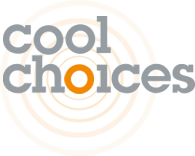energy efficiency
A Cool Approach to Fuel Efficient Driving

Now that summer is finally here, it’s time to clear up some misconceptions around driving with the windows down versus using the AC to cool down your car.
Is it more energy efficient to use the A/C or to roll down the windows?
More Than Home Energy Reports: Behavior and Energy Efficiency
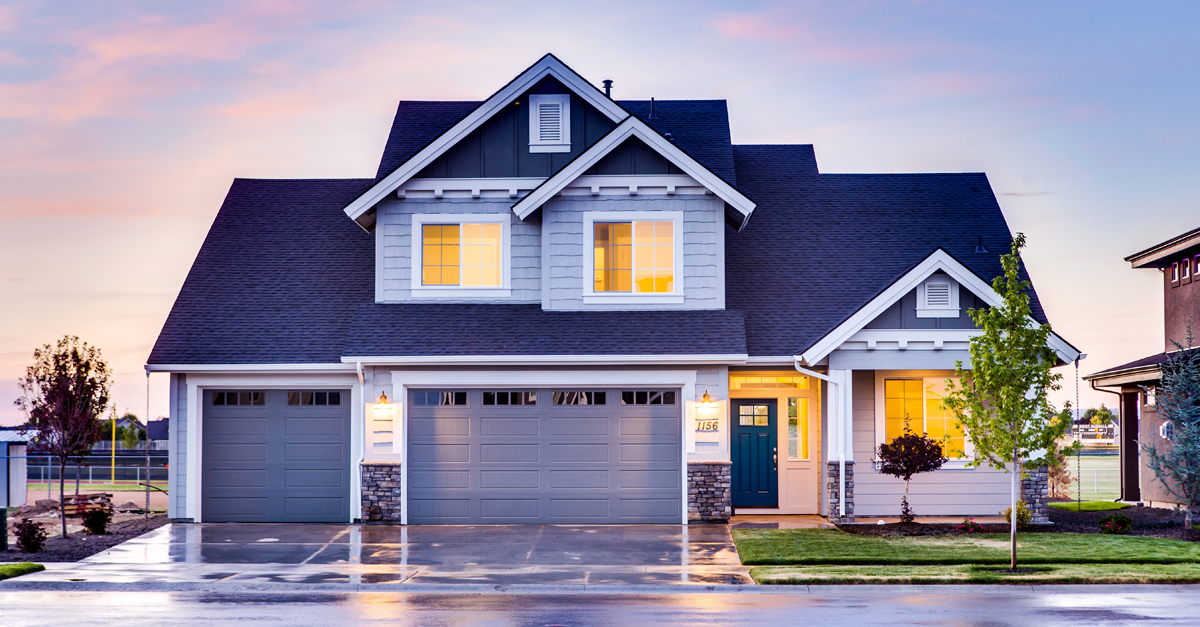
Wondering how you can influence behavior to reduce energy usage among businesses as well as residents?
Over the last decade, energy efficiency programs—faced with aggressive goals and fewer easy wins relative to technology—began seeking to change participant behaviors, especially at the household level. One strategy—home energy reports—dominated the program design. Home energy reports feature a model where participants receive feedback on how their energy usage compares to other homes—leveraging social norms. There is now plenty of research proving that households will reduce their energy usage if they learn that their consumption is higher than other peer households.
However, one of the challenges with the home energy report model, is that while we know that households reduce their usage, we don’t know how they reduced their usage, or for how long those reductions will persist.
Achieving Triple Bottom Line Results via Employee Engagement
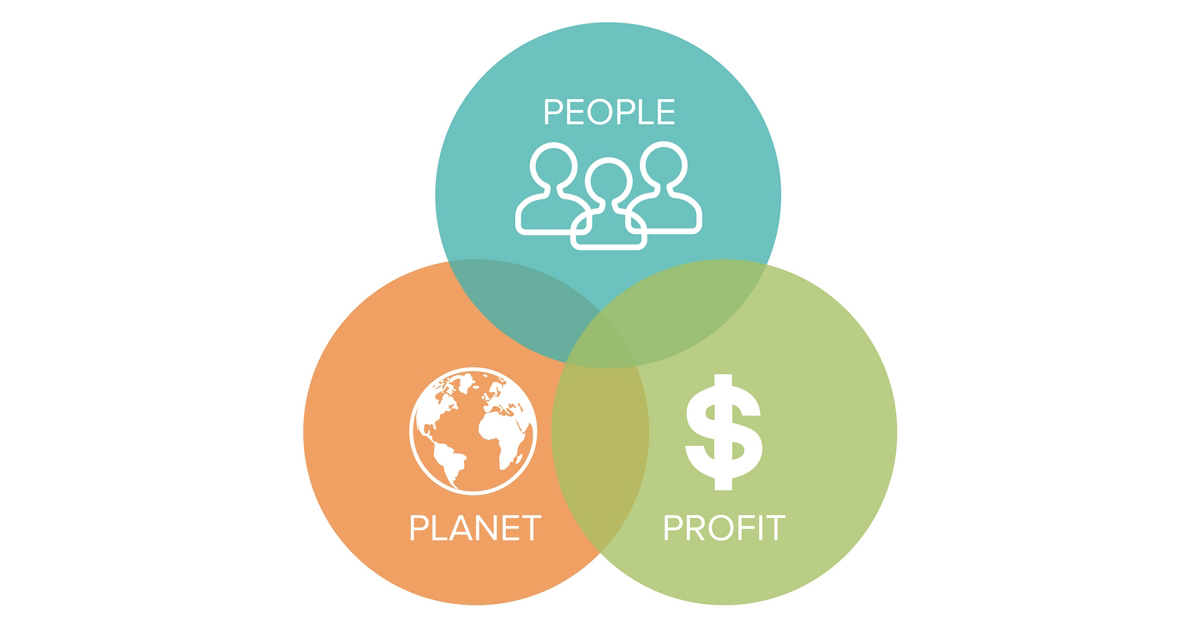
More and more, companies are making a commitment to sustainability and social responsibility, alongside increased profits. In fact, diligence with the first two can have significant influence with consumers. How entities prioritize and measure the performance of all three is known as a triple bottom line accounting framework. Ultimately, entities want sustainability and social solutions that benefit the triple bottom line—solutions that deliver value to people (customers, employees, and stockholders,) the planet (wise resource use,) while also increasing profits.
CERTs Offers Inspiring, Effective Clean Energy Leadership in MN
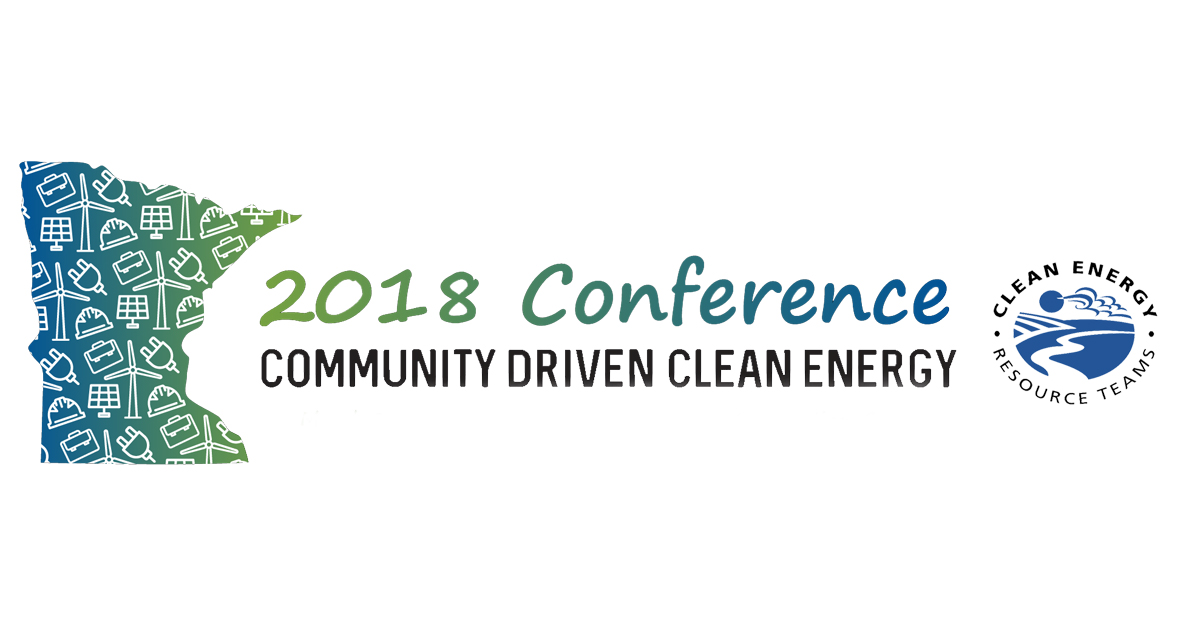
Minnesota’s Clean Energy Resource Teams (CERTs) hosted its 2018 conference, Community Driven Clean Energy, March 27-28, 2018, in central Minnesota. The event showcased the many Minnesota communities where clean energy investments are paying off. The event also highlighted ways CERTs staff is helping communities become part of the solution.
Gerding Edlen Sustainability Engagement Program Results
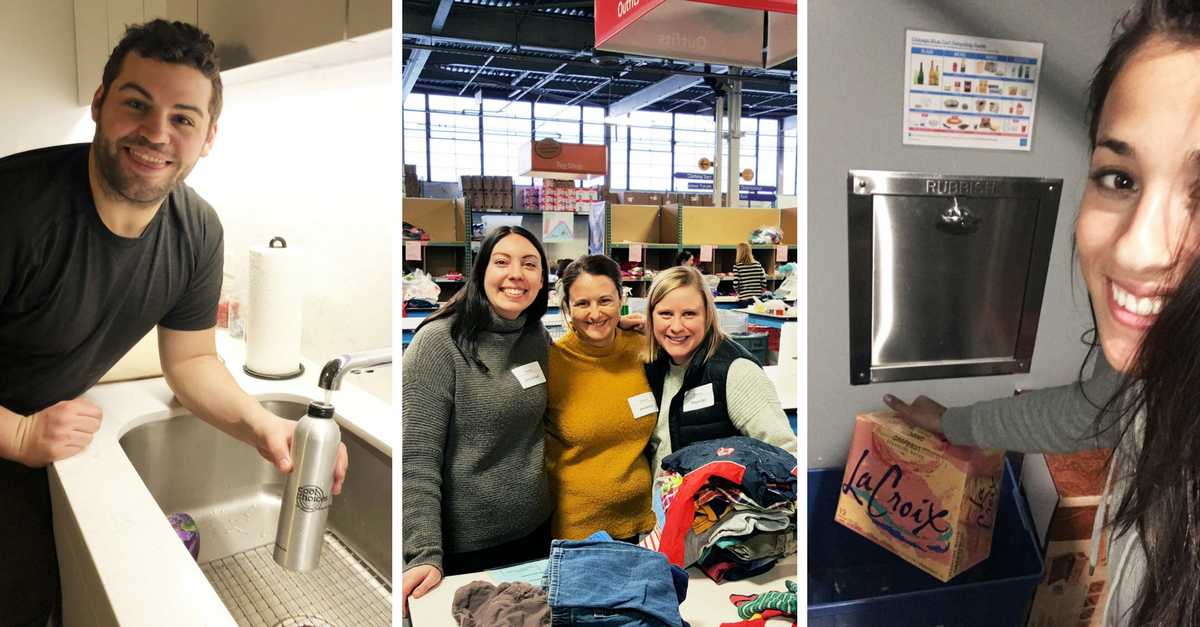
Cool Choices recently completed a tenant sustainability engagement program at six Gerding Edlen multi-family buildings in Boston and Chicago.
Gerding Edlen is a national leader in real estate investment, development, and asset and property management. Founded in 1996 and headquartered in Portland, Oregon, Gerding Edlen has built or renovated over 75 LEED certified properties.
Successful Sustainability Advocates Filter Good Ideas Through Reality

Every sustainability advocate can envision an ideal world: a place where everyone recycles and composts appropriately. Where stakeholders don’t waste energy or water resources, and communities where sustainable practices are just what folks do.
Ultimately, it’s not that hard to envision the ideal end point. The challenge is creating a viable path from today’s realities toward that vision. A path that meets stakeholders where they are, and then engages and inspires them to become more sustainable versions of themselves.
Integrating Cool Choices into the Wylie Way
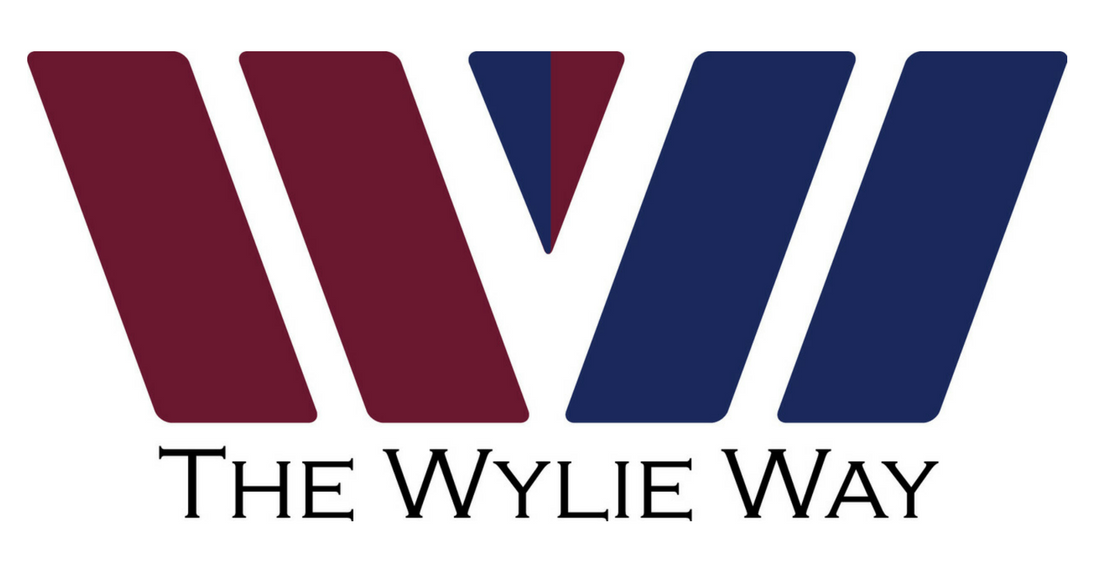
We are delighted to be launching a Cool Choices sustainability engagement program for the Wylie Independent School District in Wylie, Texas.
Program Customization: Your Program, Your Objectives

Every organization benefits from engaging its stakeholders around sustainability. Our partners work with us to customize their Cool Choices sustainability programs in order to achieve diverse objectives.
Making Cool Choices in Singapore
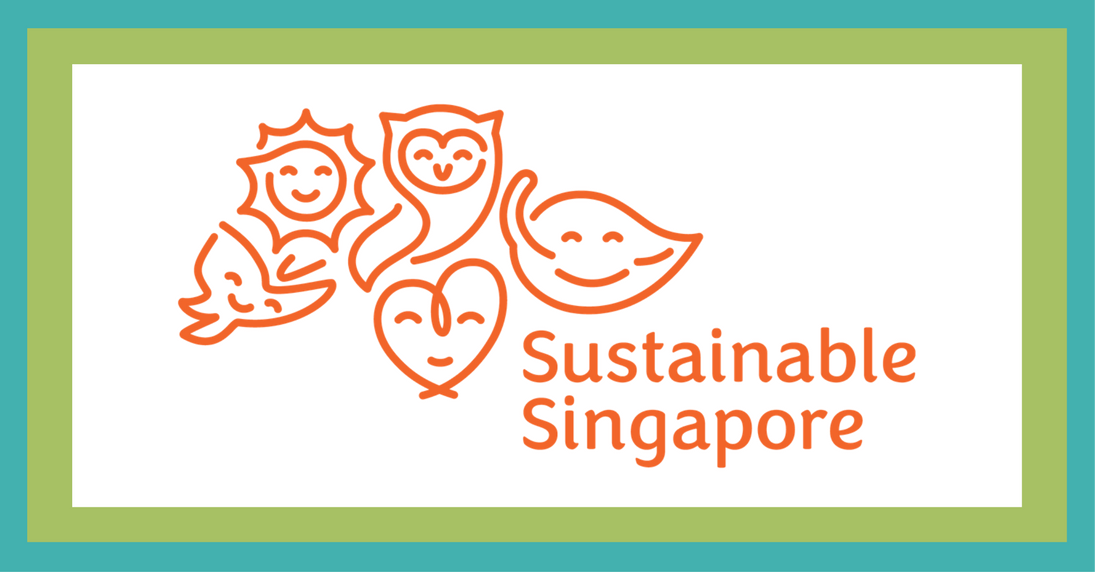
Whenever we talk about the results organizations receive from our sustainability engagement program – how a simple game-based format inspires adults to make real changes in their lives – sustainability advocates are intrigued, but they are also skeptical: “Sure, Cool Choices inspired measurable changes in that organization, but would it work in ours?”
